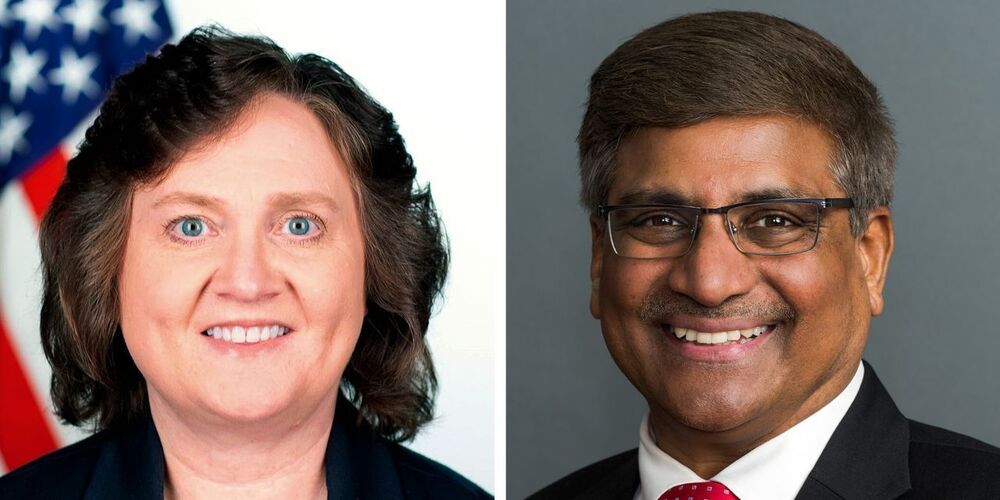Portland, Oregon – June 21, 2021 – World-acclaimed space policy and law expert, who advises the U.S. House, Senate and White House, Paul Stimers, issued a stern warning regarding the U.S. space program on The Costa Report today. “Don’t try to do what China is doing. It’s a trap,” cautioned Stimers.
According to the Washington DC insider, as China’s state-sponsored space program accelerates and challenges U.S. leadership, the U.S. may be tempted to change course. Stimers reminds leaders this is a temptation which has historically produced dismal results. Instead, Stimers claims the best way to protect the U.S. lead in space is for the government to clear the path for “commercial space operations to scale.”
As an example, today the FAA treats every U.S. space flight as a one-off event, causing applications, clearances, etc., to be tedious, slow and costly. By making it possible to process ten, twenty, thirty of the same types of space flights at one time, commercial companies will be able to grow the industry much faster. Stimers urges U.S. leaders to streamline current regulations and procedures so space transportation becomes as routine as conventional airline travel. When leaders begin treating outer space as “a place, rather than a mission,” Stimers believes policies and regulations will fall in line with what U.S. commercial ventures need to stay in front.
Stimers also expressed concerns over China and Russia’s rejection of the Artemis Accords. NASA’s Artemis Accords spell out basic principles on how nations can peacefully operate in space — including fundamentals such as providing emergency mutual aid, sharing scientific knowledge, allowing access to newly discovered resources, etc. China and Russia’s refusal to join the agreement is one of many indications they intend to abide by a different set of rules in space – rules which include claiming ownership and exclusive use. Host of The Costa Report, Rebecca Costa, concurs, “He who establishes beachheads on the Moon, Mars and other celestial bodies first, makes the rules. We can’t afford to let China or Russia get there and carve everything into private property. What then? We go to war in space?”
The 1967 United Nations Outer Space Treaty was instrumental in setting the stage for peaceful collaboration between nations in space. The spirit of that treaty extended to the 1969 first landing on the Moon wherein the United States claimed victory for all humankind. And later, to the International Space Station (ISS) which has accommodated scientists and visitors from 19 countries. But recently, China has begun building its own space station – another indication they have nationalistic objectives. As the ISS reaches the end of its life cycle, there is growing concern that the U.S. and other nations may find themselves without a presence in low Earth orbit, posing grave security risks.


